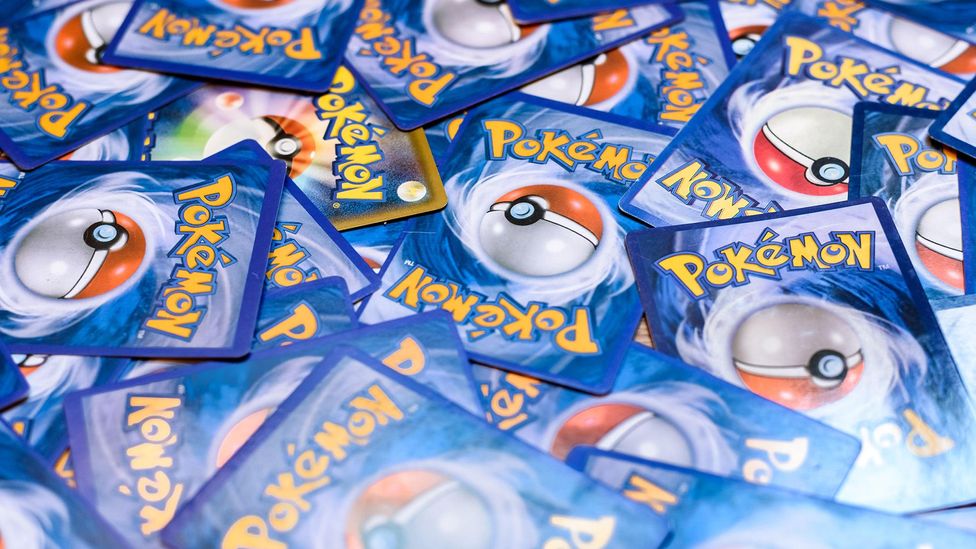O
Our virtual lives have taken on a new significance amid seemingly endless quarantines and requests for social distancing. Many find comfort and relief from boredom in the aether of social media, through streaming services like Netflix or by trading digital turnips with friends and strangers to outfit the imaginary islands of Animal Crossing: New Horizons. Covid-19 certainly accelerated this digitisation of socialisation, but it didn’t create it. The seeds of the phenomenon first blossomed decades earlier, in another viral boom, one spread through toy stores and televisions rather than microbes: the Pokemon fad of the late ’90s.
A portmanteau of the original title – Pocket Monsters – Pokemon was not just a video game but also a collection of trading cards and an anime series. Released in its home country in 1996, Pokemon debuted in the US in August 1998. Although it was made in Japan, for a moment at the turn of the 21st Century, no corner of the world was immune from what came to be called “Pokemania”.
Just one year later, 55,000 eager boys and girls besieged a Minneapolis shopping centre chosen as the start of a Nintendo-funded Pokemon Summer Training Tour. At the end of 1999 Nintendo announced the game had earned some $5bn (GBP4bn) – which at the time was the size of the entire US video game industry.





